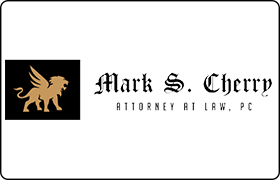Lawnside Reorganization Lawyer, New Jersey
Sponsored Law Firm
-
 x
x

Click For More Info:
-
Mark Cherry Law
385 Kings Highway North Suite 101 Cherry Hill, NJ 08034» view mapBankruptcy & Debt Where Every Client Matters
We want our clients to be confident and secure knowing we are a law firm ready to take on the fight and challenge with them.
800-824-6431
Not enough matches for Lawnside Reorganization lawyer.
Below are all Lawnside Bankruptcy & Debt lawyers.
Robert H. Johnson
✓ VERIFIEDRobert H. Johnson has spent his career representing clients in U.S. Bankruptcy Court and New Jersey insolvency proceedings. Prior to founding this fi... (more)
Mark Stuart Cherry
✓ VERIFIEDMark S Cherry, Attorney at Law, PC is a general practice professional law firm in Cherry Hill, NJ that, in addition to the general practice of law, as... (more)
Robert N. Braverman
FREE CONSULTATION
CONTACTMichelle H. Badolato
FREE CONSULTATION
CONTACTGeorgette Miller
FREE CONSULTATION
CONTACT Mark Cherry Cherry Hill, NJ
Mark Cherry Cherry Hill, NJ AboutMark Cherry Law
AboutMark Cherry Law Practice AreasSpecializations
Practice AreasSpecializations


